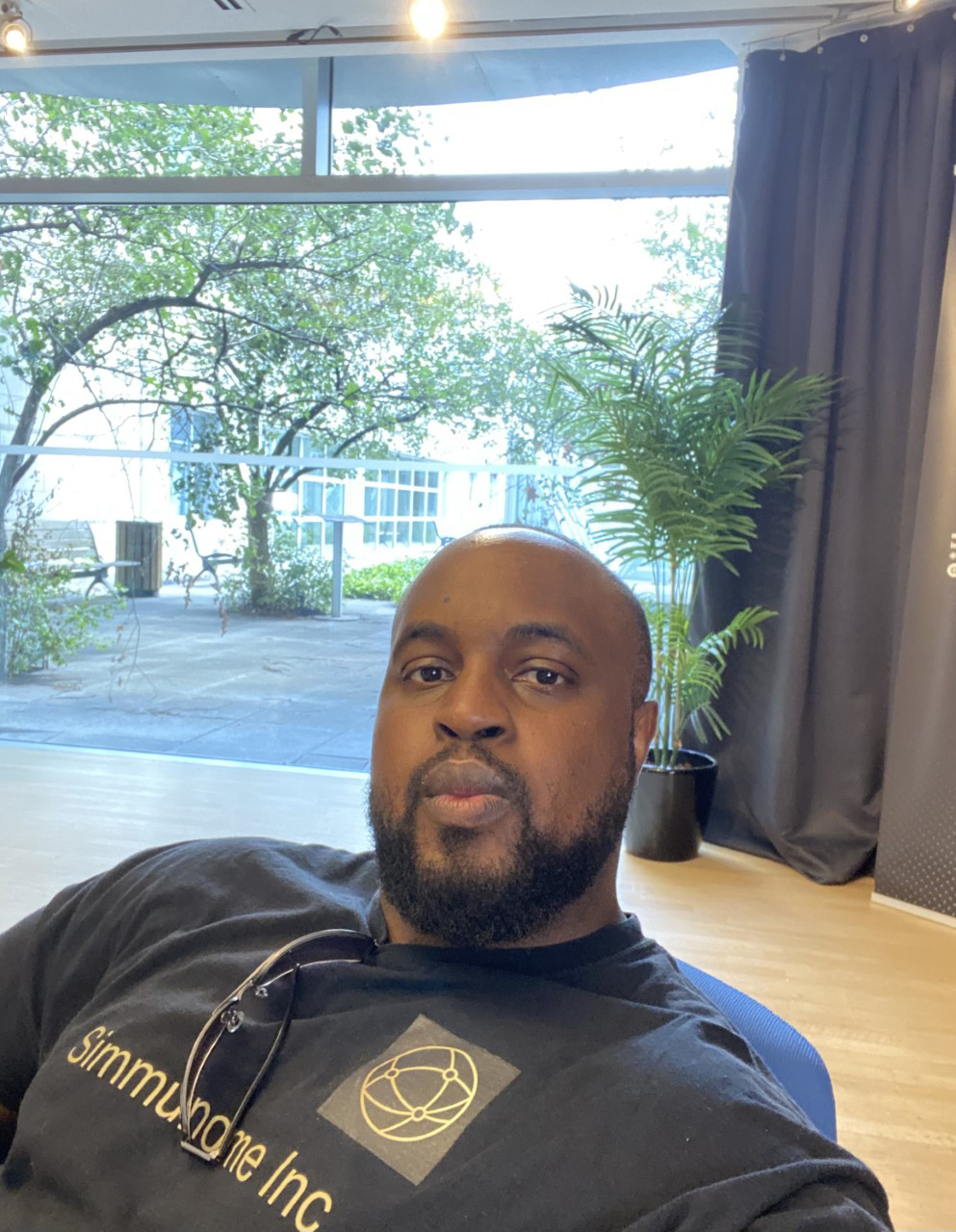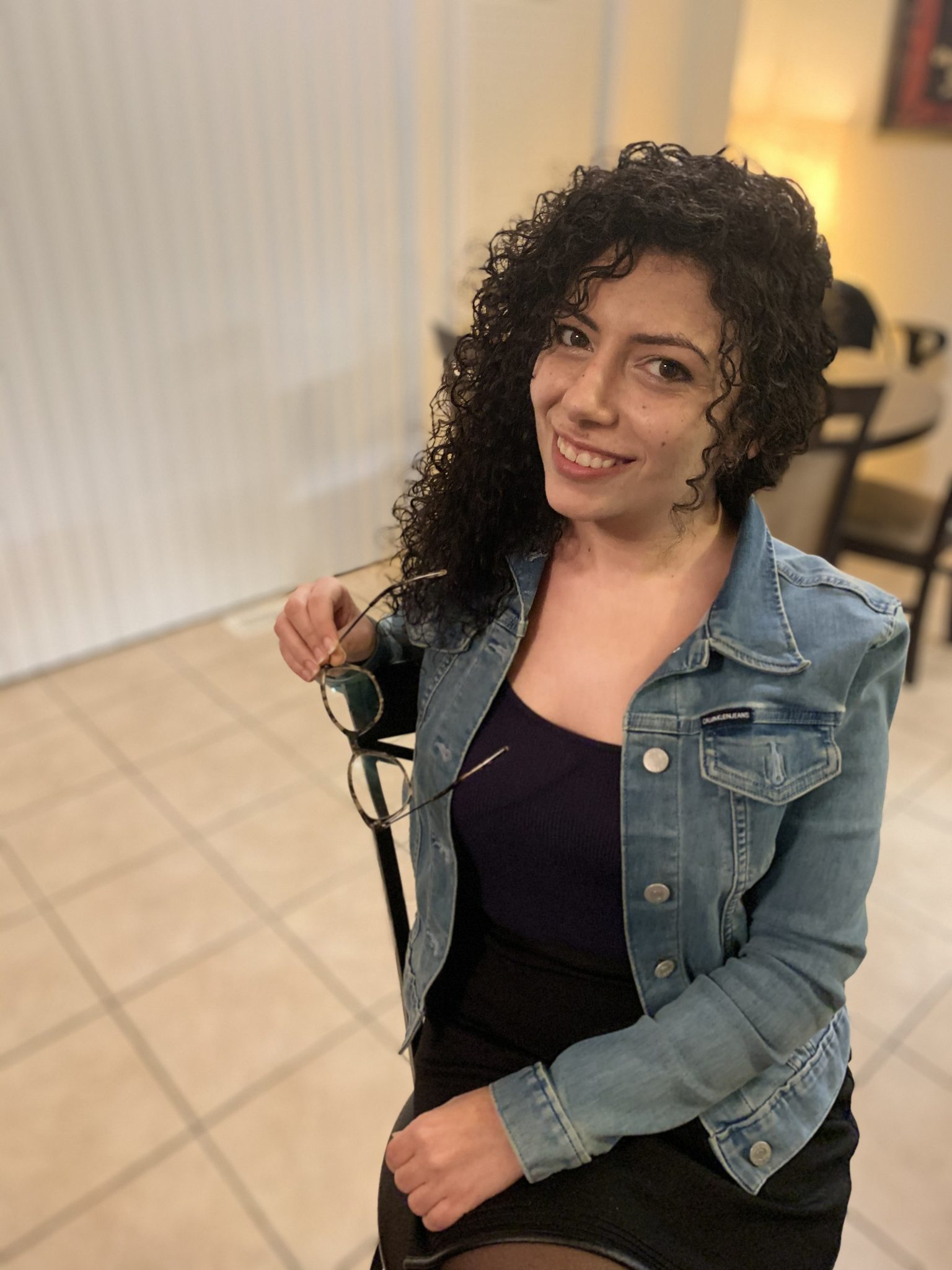OVERVIEW
Simmunome is a Montreal-based startup established in 2018. We are focused on predicting clinical trial outcomes using computational simulations. Using our machine-learning driven, biologically accurate disease models, a clinical researcher can determine the likelihood of success of a clinical program before stepping into the lab.

PROBLEM
Challenges to clinical trial processes are well characterized ranging from low success rate (<10%), high cost ($2-$4 billion in realized costs) and long timelines (10-15 years of development). Two key aspects of drug development are: (I) what to target (the biological component) and (ii) how to target it (the drug that will be used). This is the “lock and key” process of drug development. While computational modeling has been used to improve drug design, prediction of outcomes based on the biological target remains mostly unexplored due to biological complexity.
SOLUTION
Our solution uses AI to accurately replicate biological complexity and through our robust validation process, provide a disease model that can be used to predict the outcome of targeting different parts of a biological system. With our approach, an R&D organization can de-risk their clinical programs by confirming whether the biological target of interest will have any efficacy against the target disease. Our models can be used to optimize drug development pipelines in all the stages of clinical trial development as well as determine how to develop a clinical program to increase likelihood success.
Just a Quick Note:
InnovationsOfTheWorld.com has partnered with Trade License Zone (TLZ) to support global innovators looking to expand internationally. Take advantage of the UAE’s Free Zones—enjoy streamlined setup, low corporate taxes, and a strategic gateway to the Middle East and beyond.
Get Your UAE Free Zone License Fast & Easy!
TEAM
Armstrong Murira, Co-Founder & CEO, obtained his PhD in Molecular Immunology from Simon Fraser University. His experiences have spanned clinical research, computational biology and bioinformatics in academia to business development and analytics in pharma.
Nardin Nakhla, Co-Founder & CTO, studied Computational Neuroscience and machine learning through her PhD thesis in modelling visual perception in the brain. In addition, she was trained on product design and development in her undergraduate studies in Engineering














